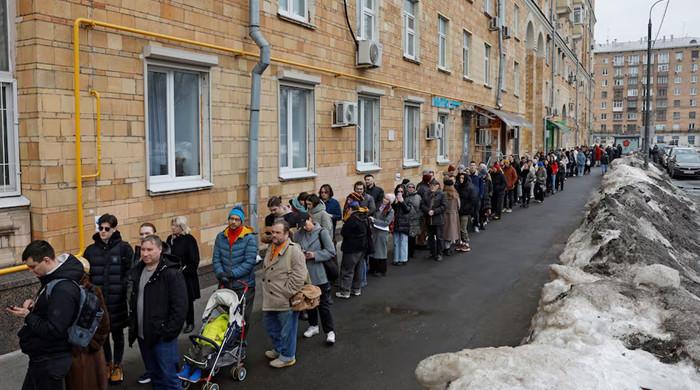Former Iranian official Hamid Nouri was released in exchange for Swedish citizens Johan Floderus and Saeed Azizi.
Tehran, Iran – Iran and Sweden completed a prisoner swap brokered by Oman that involved the release of a former Iranian official in exchange for a European Union diplomat and another Swedish-Iranian citizen.
Oman's state news agency confirmed on Saturday that the prisoners were transferred from Tehran and Stockholm to Muscat, before being returned to their countries.
Kazem Gharibabadi, head of foreign relations in the Iranian judiciary, said in X that Hamid Nouri, who had been sentenced in Sweden to life imprisonment after being found guilty of war crimes and murder committed in Iran in 1988, had been freed.
Prime Minister Ulf Kristersson confirmed that Swede Johan Floderus and Iranian-Swedish citizen Saeed Azizi were released by Tehran. His office later confirmed that the couple had returned to Sweden.
Floderus, 33, a European Union diplomat, had been detained for more than two years. His trial began in Iran in December on charges of espionage for Israel, which could have carried the death penalty.
Azizi was jailed on national security charges that carried a five-year prison sentence.
'Balancing act'
Relations between Iran and Sweden have fallen into a downward spiral over the case of Nouri, who was convicted in connection with his role in the deaths of thousands of political prisoners as deputy prosecutor at Gohardasht prison near Tehran.
The Iranian government maintained that Nouri's trial was influenced by the Mujahedin-e Khalq (MEK), the foreign-based group considered a “terrorist” organization by Iran for a series of attacks in the 1980s and allied with the former Iraqi president Saddam Hussein for eight years. year Iran-Iraq War.
A Swedish appeals court upheld Nouri's life sentence on December 19.
Reporting from Tehran, Al Jazeera's Resul Serdar said Nouri returned to Iran on Saturday. He “has been warmly received by Iranian officials and issued the first statement from him saying that he is extremely happy.”
In Stockholm, Al Jazeera's Paul Rhys said Floderus and Azizi would arrive in Sweden soon.
He described the decision to carry out the exchange as a “balancing act” of several conflicting interests for the government.
“First of all, the families of the two prisoners are putting pressure on the government to return them home,” Rhys said. “Secondly, human rights lawyers who would have considered it a real coup to get Nouri convicted in Sweden would have wanted Nouri to remain in prison.
“Thirdly, there is a very large Iranian diaspora in Sweden. Many people who say they suffer persecution in Iran and escape it by coming to Sweden would not have wanted Nouri to return to Tehran.”
Iran also holds dual national Ahmadreza Djalali, an academic sentenced to death on espionage charges.
On Saturday, Amnesty International Sweden said it was concerned that Djalali's case had not been addressed in the exchange. The group said it feared it was being used as a “political pawn” to achieve a similar deal for prisoners.
“When will you be allowed to return home?” the group wrote in X.












